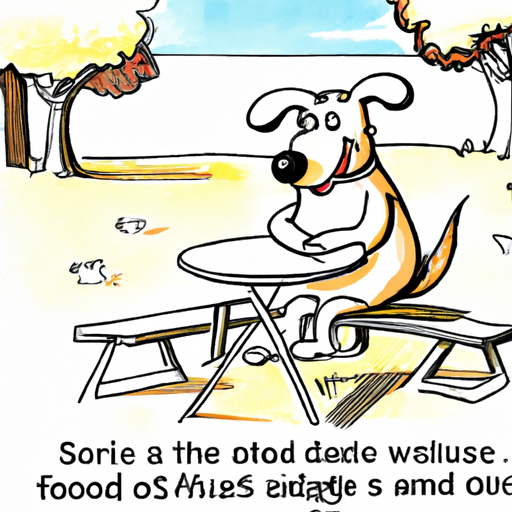Understanding Your Dog’s Dietary Needs
As a caregiver, you know that your dog’s health is your top priority. Nutrition plays a major role in keeping your furry friend healthy and active. You might be tempted to share some of your favorite foods with them, but is it safe? Cheese, for example, is a food many people love. But is it good for dogs?
Let’s dive into the complex world of canine nutrition and explore how cheese fits into it.
The Nutritional Value of Cheese
Cheese is a rich source of protein, calcium, Vitamin A, and essential fatty acids. These nutrients can benefit your dog:
- Protein: Vital for muscle growth and repair.
- Calcium: Essential for strong bones and teeth.
- Vitamin A: Aids in maintaining healthy skin, coat, eyes, and muscles.
- Essential Fatty Acids: Promote heart health and improve skin and coat condition.
Here’s a summary table:
| Nutrient | Benefit for Dogs |
|---|---|
| Protein | Muscle growth and repair |
| Calcium | Strong bones and teeth |
| Vitamin A | Healthy skin, coat, eyes, and muscles |
| Essential Fatty Acids | Heart health, skin, and coat condition |
Cheese as an Occasional Treat
While cheese can provide some valuable nutrients, it should only be given as an occasional treat. Cheese is high in fat and calories, which can lead to weight gain and obesity if fed in excess. Plus, some dogs may be lactose intolerant, which means their bodies can’t properly digest lactose, a sugar found in dairy products.
Choosing the Right Cheese for Your Dog
If you decide to give your dog cheese, make sure to choose a low-fat, low-sodium variety. Some good options include:
- Cottage Cheese: Low in fat and calories.
- Mozzarella: Low in sodium and fat.
- Cheddar: While higher in fat, it’s lower in lactose, making it a better choice for dogs with lactose intolerance.
Avoid blue cheese, as it can contain a toxic mold for dogs, and never give your dog cheese that is flavored or contains other additives, like onions or garlic, which are toxic to dogs.
Risks and Precautions
As with any new food, introduce cheese slowly into your dog’s diet and monitor for any adverse reactions. Signs of lactose intolerance can include diarrhea, gas, and vomiting. If you notice any of these symptoms, stop feeding cheese immediately and consult with your vet.
FAQs
Q: Can all dogs eat cheese?
A: Not all dogs can eat cheese. Some dogs may be lactose intolerant or allergic to dairy. Always introduce new foods slowly and watch for any negative reactions.
Q: Can cheese be a regular part of my dog’s diet?
A: Cheese should only be an occasional treat due to its high fat and calorie content.
Q: Are there any types of cheese I should avoid?
A: Avoid giving your dog blue cheese, or any cheese that contains additives, like onions or garlic.
Q: What should I do if my dog has a negative reaction to cheese?
A: If your dog shows signs of distress like vomiting, diarrhea, or gas after eating cheese, stop feeding it and consult with your vet.



